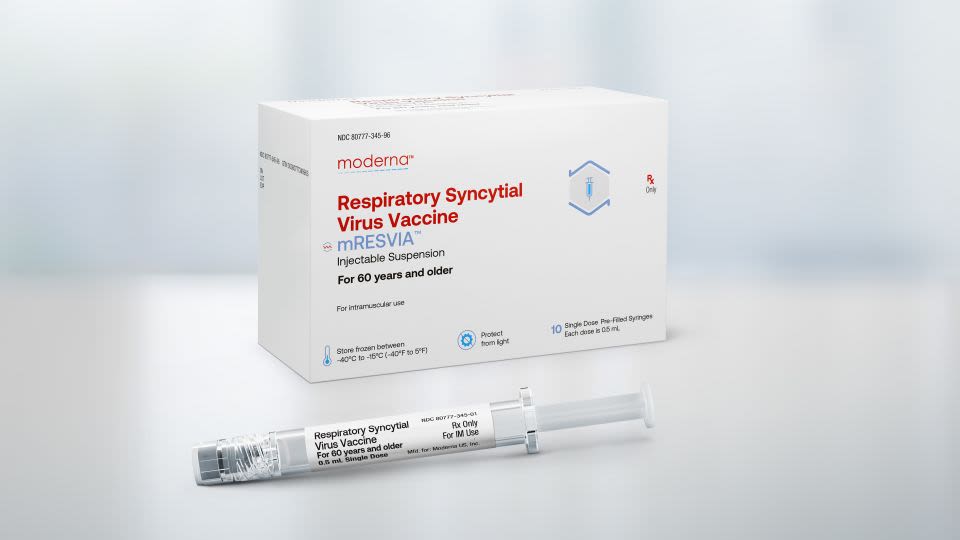Search results
May 22, 2023 · When to worry about fever. If you have a fever over 104°F (40°C), you should call your doctor. Seek medical help right away if you have a fever along with any of these symptoms: seizure; loss of consciousness; confusion; stiff neck; trouble breathing; severe pain anywhere in the body; swelling or inflammation of any part of the body
- 4 Blackfan Circle, 4th Floor, Boston, 02115, MA
- hhp_info@health.harvard.edu
- (877) 649-9457
Oct 7, 2016 · Learn when a fever is a sign of infection or illness and when to seek medical attention. Find out how to lower a fever and what symptoms to watch out for in children and adults.
- 200 Lothrop St, Pittsburgh, 15213-2582, Pennsylvania
News about Caitlin Clark, Indiana Fever, WNBA
News about fever, FDA, treatment
Also in the news
May 7, 2022 · A fever is a temporary rise in body temperature. It's one part of an overall response from the body's immune system. A fever is usually caused by an infection. For most children and adults, a fever may be uncomfortable. But it usually isn't a cause for concern. For infants, however, even a low fever may mean there's a serious infection.
May 31, 2023 · Untreated fevers above 105.8 degrees F (41 degrees C) can be dangerous. If your body temperature reaches this level, your organs will begin to malfunction and will eventually fail. Even moderate fevers can be dangerous for adults with lung or heart disorders because fever causes your breathing rate and heart rate to increase.
Mar 7, 2024 · It is important to know when a fever is too high because it can be dangerous to the central nervous system. Febrile seizures can occur in babies and young children with temperatures greater than 100.4 F. A sustained temperature greater than 107.6 F can even lead to brain damage.
People also ask
Is a 103 degree fever dangerous?
Can a fever be too high?
Can infections cause a fever?
Nov 15, 2023 · When Is Fever Dangerous? A fever can make you uncomfortable, but it's generally not cause for concern. You can often manage a fever at home, but in some cases you should call your doctor. Fever...
Jan 1, 2023 · As with COVID, fever — defined as a temperature of 100.4° F or higher — is your immune system's response to an infection or another invader. Your elevated temperature is a clear sign something is amiss. Most fevers go down if you take an over-the-counter medication such as acetaminophen (Tylenol) or ibuprofen (Advil).


